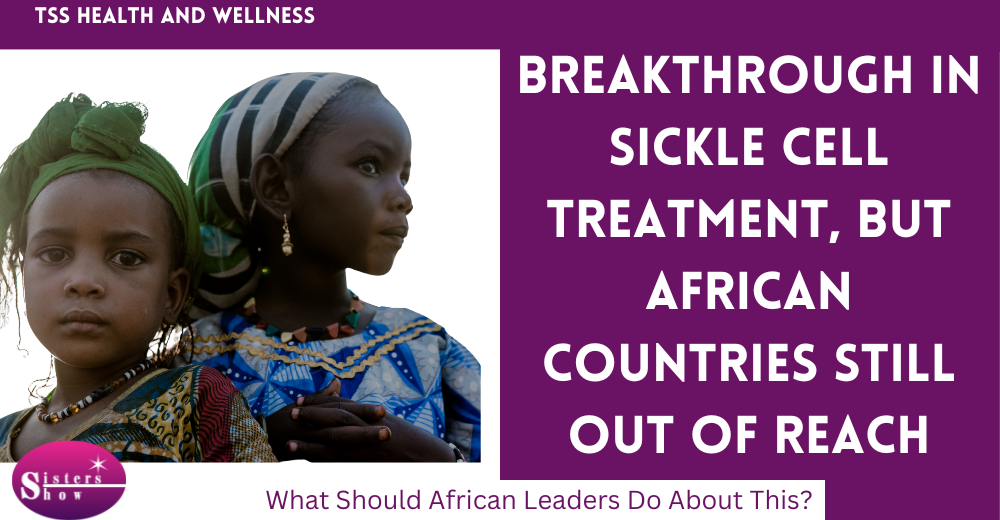
Breakthrough in Sickle Cell Treatment: CASGEVY Receives FDA Approval, but Accessibility Raises Concerns
In a groundbreaking development, the US Food and Drug Administration (FDA) has granted approval for a revolutionary sickle cell treatment named CASGEVY. Utilizing cutting-edge gene-editing technology CRISPR, this breakthrough therapy modifies DNA in patients’ stem cells, eliminating the production of sickle cells that contribute to health complications.
CASGEVY marks a significant stride in the quest for effective sickle cell treatment, offering a one-time solution with transformative potential. However, the remarkable innovation comes with a notable price tag of $2.2 million per individual. This cost has sparked debates, with concerns raised about the accessibility of the treatment for a broader population.
There is no clear path for African patients to access the treatment due to its multimillion-dollar price tag. Currently, Vertex, the pharmaceutical company behind the treatment, is prioritizing approval in six of the wealthiest nations, including the United States, Italy, Britain, France, Germany, and Saudi Arabia. Astonishingly, these nations are estimated to be home to only 2 percent of the global sickle cell population.
While CASGEVY promises a one-time intervention, the process spans several months, emphasizing the intricate nature of gene-editing technology. As the medical community celebrates this milestone, discussions around affordability and equitable access to this groundbreaking treatment underscore the importance of addressing socio-economic disparities in healthcare.
CASGEVY’s FDA approval signals hope for those affected by sickle cell disease, yet the ongoing dialogue on accessibility highlights the imperative for balancing scientific progress with inclusive healthcare solutions on a global scale.




